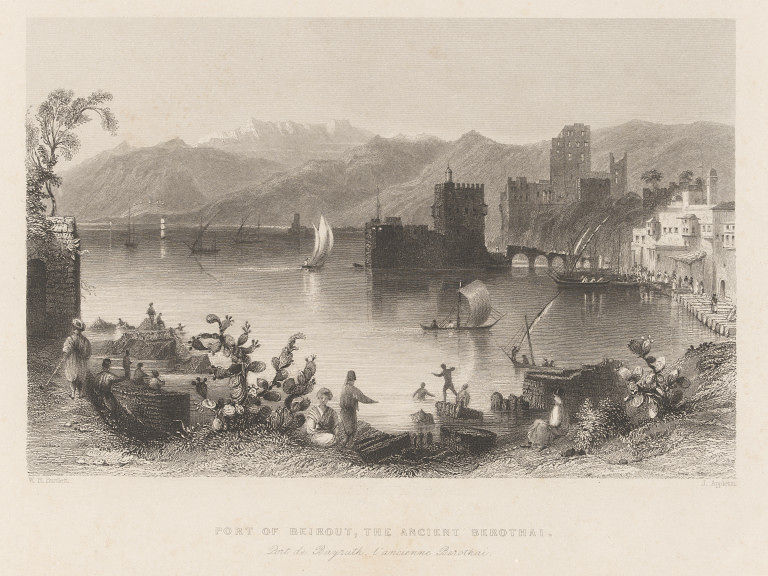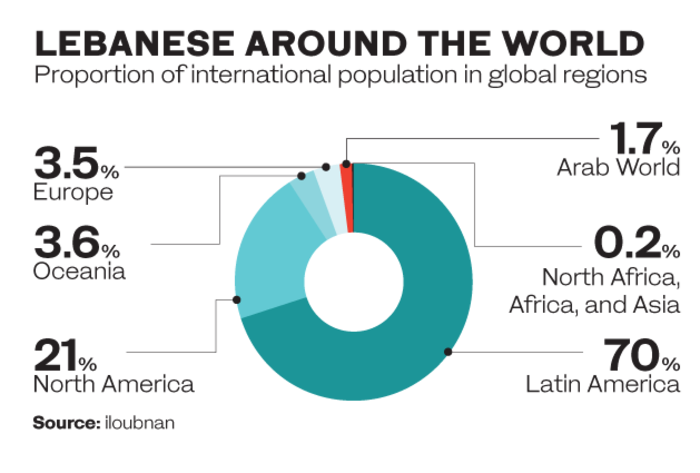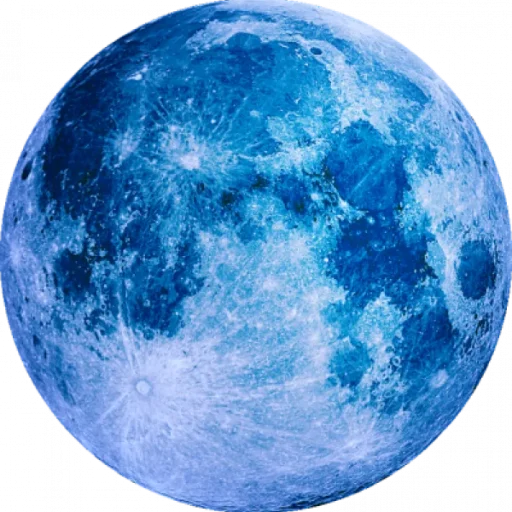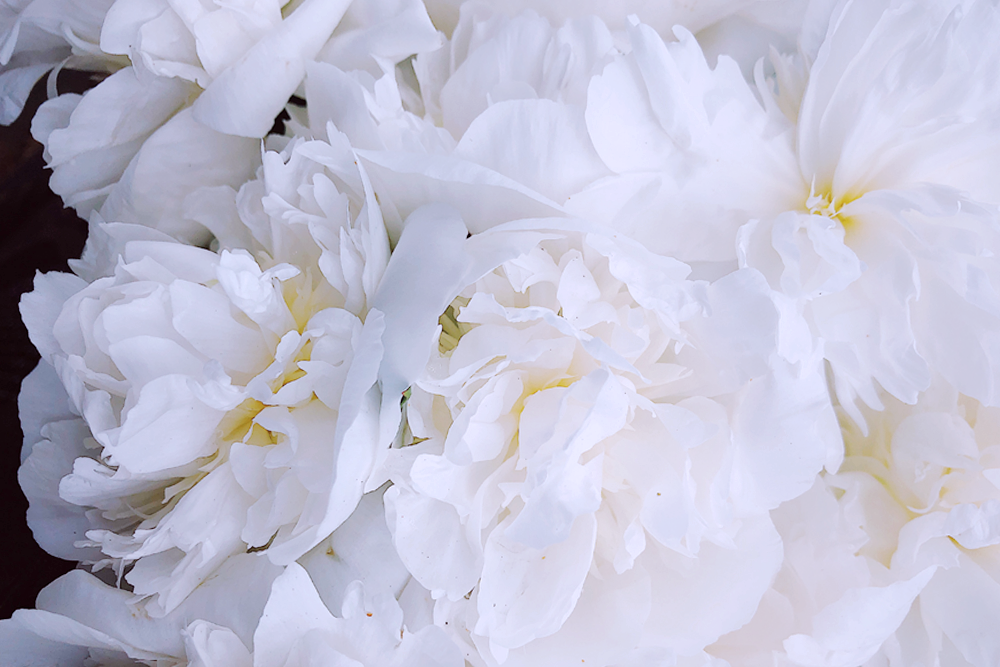Yesterday, Beirut in Lebanon, one of the oldest cities in the world was hit with a tremendous hardship. As I write this, the causes of the explosion are still unclear. This large scale explosion in the area of the Port was devastating to Lebanese people including the Lebanese diaspora with strong ties with their homeland.
First of all, I would like to share my most compassionate thoughts with the citizen of Beirut who were directly affected and suffered tremendous loss. The images shared online affected us all with grief.

I was working at home when it happened. We were talking about work via chat when one of my colleagues mentioned the explosion. On top of that we were going through the tropical storm Isaias in New York City.
Lebanon has always been a place I wanted to visit. I feel a connection with this land and its people. It started in my teenage years, as I went on a religious pilgrimage to Bosnia. I went hiking Mount Krizevac, in the region of Međugorje, it’s during this cross mountain hike that I met this lady from Lebanon. She caught my eyes because she was wearing this colorful hat with a red and white flag with what I now know is the Lebanon cedar. I was curious because I was ignorant back then that they were many Christians in her home country. We ended up hiking together for a little while and shared our stories. I asked her about Lebanon, the cedar tree and we then wished each other well. She left such a deep impression on me, twenty years later I still remember her vibrant and compassionate energy even though the moment felt solemn and quite short.
I know two friends who are half-Lebanese, and from what I learned through them is that there is resilience in Lebanese people. Somehow I can see common traits with Russians, as they too have endured tremendous hardship. Lebanon is a land soaked in ancient history, more recently it was part of France’s colonial Empire and was under French mandate between 1920 and 1943. Since 1973, it’s a member of the OIF (Organisation International de la Francophonie), having French as the secondary language after Arabic, even though English is gaining ground quickly.
So why talk about Lebanon now?
In today’s world, we often learn about countries, cities, and different places when something globally impactful happens. Were you aware of Wuhan before the whole pandemic happened? Unless you’re a China geek, it’s was probably unlikely. Sadly, these traumatic events help us put countries on a map. So I thought to share more about the Lebanese people as we should be sharing our most compassionate thoughts with them.
Many Lebanese people fled their home country over civil war, or to find better economic opportunities. Regarding their faith, currently, inside Lebanon half of the population is Muslim and the other half is Christian. The largest Lebanese diaspora resides in Brazil with between two to five million people, then Argentina and Colombia with a million in each country. They are approximately 500,000 Lebanese people in the United States, one notable Lebanese-American author, I have been following recently is Brigitte Gabriel. If you want to go a little bit deeper, especially if you are interested in the Lebanese-American diaspora, I recommend the articles posted on the website of the Moise A. Khayrallah Center for Lebanese Diaspora Studies based in Raleigh, NC. They are dedicated to research about Lebanese immigrants in the US and throughout the world, their mission is to preserve and share that knowledge with the scholarly community and general public. You might want to start with:
- reasons why they left, historically speaking
- the early Lebanese in America
Another Lebanese I was following is Fashion Designer Reem Acra, who relocated to New York City during the Lebanese Civil War (from 1975 to 1990). When I was looking for my wedding dress, I was considering one of her designs.
They are so many notable Lebanese people worth mentioning, but I don’t want to make it a “list” post here but think of Elie Saab, Amal Clooney, Kahlil Gibran, as well as numerous scientists, innovators, film directors, writers and prominent businessmen and women.

Many have also settled in Francophone Africa, as well as in other countries such as Canada, Australia, the United Kingdom, South Africa and everywhere in the European Union. After Australia, France is the largest country to count Lebanese populations, the top one in Europe.
In the early 2000s, I met now Photographer Roland Jalkh in Avignon, France we dated for a while. He is half French-Lebanese, and is Belgian as well. I have to thank him for introducing me to Shawarmas. Lebanese people are truly worldwide, it’s what I keep hearing from my Lebanese friends. From knowing some of them, I noticed their talent in languages. My friend Youssef, whom I met 8 years ago in Philadelphia, is a talented Addiction Psychiatrist who happens to be fluent in five languages on top of being a Medical Director (Arabic, Czech, English, French and Spanish).
They are more Lebanese people outside than inside their home country, their reputation is to be business savvy, educated and influential. Attributes that often lead to success. I really hope that Lebanon and Beirut sees brighter days in the near future.
For now, if you want to help, you can search for local non-profits and see which ones work on the ground. I don’t want to share specific names because I didn’t do additional research to make sure it’s legitimate. I would search for #Lebanon #NonProfit #Liban (Lebanon in French) or simply reach out to your Lebanese friends with empathy.
Aside from that you are welcome to discuss it further and to join the chat for expatriates on Discord: https://discord.gg/m6vfhY
(Country Brief on eDiplomat.)


Leave a Reply